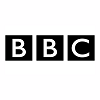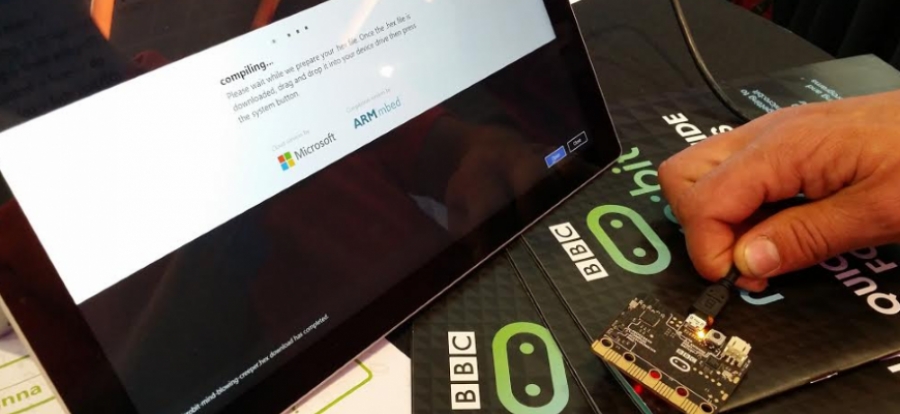Students can programme their BBC micro:bit to become anything they want – from simple games to smart watches and even fitness trackers – all by using one of the code editors at www.microbit.co.uk, or the mobile app, and by connecting it to other devices and sensors. The website also features a range of resources and tutorials to help teachers, parents and students take advantage of the BBC micro:bit’s vast potential.
“This is a very special moment for us, our partners and most importantly for young people across the country,” said Tony Hall, BBC director-general. “The BBC micro:bit has the potential to be a seminal piece of British innovation, helping this generation to be the coders, programmers and digital pioneers of the future. Only the BBC could attempt a project this ambitious, on such a large scale, and I’m thrilled we’ve persuaded so many people to get behind this and make it happen.”
This is the BBC’s most ambitious education project in 30 years and builds on the pioneering role of the BBC Micro, which helped introduce the nation to computing in the 1980s. It has been made possible only through a ground-breaking partnership between the BBC and 31 organisations including ARM, Barclays, element14, Lancaster University, Microsoft, Nordic Semiconductor, NXP Semiconductors, Samsung, Technology Will Save Us and the Wellcome Trust.
Some additional BBC micro:bits have been included in the rollout to enable teachers to extend their BBC micro:bit lessons to students in other year groups, giving the BBC micro:bit partnership an even better chance of inspiring an entire generation. Following the nationwide rollout, the BBC micro:bit hardware and much of the software will be open-sourced, and BBC micro:bits will be available to buy from a range of retailers. Money generated from these commercial sales will be used to further encourage as many people as possible to join the coding revolution.
Sinead Rocks, head of BBC Learning, said: “The BBC micro:bit has seemingly limitless potential, especially when paired with other hardware, and we can’t wait to see what students will do with it. They’ve already come up with all kinds of ideas during testing and at events around the country – some ideas help solve some of life’s daily challenges, some could have business potential, and others are just great fun. Teachers have been quick to embrace it too, which is so important to the success of the project, and they have already made valuable additions to our online resources.”
Visit www.microbit.co.uk for more information.


















